Conference Day 2 (September 30)
|
|
|
PART 3: How can these bottlenecks be addressed in practice to unlock the development potential of public finance? Leading and Supporting Outcome Led Public Finance Reforms in Practice |
|
|
08.45 - 09.30 |
Session 1. Plenary: Setting the Scene for Outcome-Led Reform of PFM (Watch the replay) This session will introduce the day ahead and set out the contours of an outcome-focused, problem-driven, people-centered adaptive and iterative approach to putting outcome-led reform into practice.
|
|
09.30-10.15 |
Session 2. Interactive. Public Finance Problem Solving (Watch the replay)
An interactive session where participants will engage in an interactive session to solve a PFM bottleneck by exploring the underlying causes and the stakeholders involved, and potential steps towards a solution. |
|
10.15-11.15 |
Session 3. Plenary. Leading and Managing Outcome-Led Reform (Watch the replay)
This session will present examples and examine the practical implications of an outcome-led approach for those leading and managing PFM reform. What do outcome-led, problem focused reforms look like? How would such reforms be designed, organized and managed differently? What are the roles of reform leaders, managers and teams in making this happen?
Panelists:
|
|
11.15-11.30
|
Break |
|
11.30 – 12.00 |
Session 4. Lightning Talks: Cases of Innovative Reform (Watch the replay)
This session will present examples of innovative leadership and support to public finance reform, including sectoral focused public finance reform, results-based operations in support of reform, and international standard setting.
Enabling Local Government Service Delivery in Malawi
ADB Video
Financing Improvements in Education Services in Uganda
Sustainability Reporting for Impact
|
|
12.00-13.00 |
Session 5. Plenary. Financing and Supporting Outcome-Led Reforms (Watch the replay)
The panel will examine how international organizations and development partner financing can support outcome-led public financial management reforms and unlock the potential of public finances to deliver development outcomes. It will highlight how results-based financing instruments can be designed and implemented to provide fiscal space and encourage reform results that unlock the potential of public finance to deliver development outcomes. It will also discuss the role of international standard setting in promoting greater outcome focus.
Panelists:
|
|
13.00-13.45 |
Lunch |
|
13.45 - 14.30
|
Session 6. Innovation Marketplace ( See Innovation Marketplace tab for details)
An interactive session showcasing organizations’ work and county experience in problem solving approaches, technical assistance and operations, reform diagnostics, and digital innovation in support of public finance reform.
|
|
14.30 - 15.15 |
Session 7. Plenary. Making Public Finance Work for Policy Outcomes (Watch the replay) This keynote session will focus on the relationship between public finances and policy decision making. It will discuss how to manage policy trade-offs in times of reduced fiscal space, including how to support fiscal sustainability while providing services to citizens, and how governments can organize to deliver on policy priorities through effective public financial management.
|
|
15.15– 15.45 |
Break |
|
15.45-16.45 |
Session 8. Plenary. What are the implications of Reimagining Public Finance for Development Outcomes? (Watch the replay)
A discussion between World Bank directors on the implications of the conference deliberations on making public finance work for development outcomes across the globe.
Panelists:
|
|
16.45 - 17.00 |
Concluding Reflections and Next Steps (Watch the replay) |
|
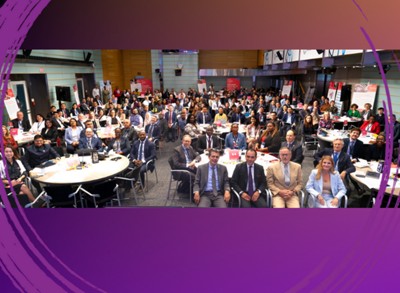 Reimagining Public Finance Global Forum 2025
Reimagining Public Finance Global Forum 2025
- Overview
- Day 1
- Day 2
- Innovation Marketplace
- Speakers
- Related
The conference will take place at the World Bank headquarters will bring together leading government reformers, practitioners, researchers, and development partners to share insights and discuss the future direction of public finance reforms. The ‘Reimagining Public Finance’ initiative aims to rethink public financial management reforms to ensure that they are designed and implemented in a way that best supports governments’ fiscal and public policy objectives and the achievement of development outcomes.
The conference will be based on three key questions:
- Why reimagine public finance? A reflection on lessons learned over the last 25 years of public financial management reform.
- What is the role of public finance in achieving development outcomes and what are the key bottlenecks that prevent this from happening?
- How can these bottlenecks be addressed in practice to unlock the potential of public finance?
The conference will provide the opportunity to engage on these questions, drawing from the first phase of research and global consultation and interacting with a proposed outcome-led approach for future public finance reforms.
Day 1 (September 29) |
|
|
PART 1: Why reimagine Public Finance? A reflection on lessons learned over the last 25 years of public financial management reform |
|
|
08.00 -08.45 |
Breakfast & Registration |
|
08.45 – 09.00 |
Opening (Watch the replay)
|
|
09.00 – 09.45 |
Session 1. Plenary: Sharing Reasons Why (Watch the replay) An interactive session exploring the reasons why participants support the need for rethinking established approaches to PFM reform.
|
|
9.45 – 10.30 |
Session 2. Plenary: Public Financial Management in the 21st Century: Evolution, Evidence and Practice (Watch the replay) This session will offer a retrospective look at the evolution of public financial management reforms over the past two decades. Key milestones, evidence, innovations, and challenges that have shaped the current landscape will be laid out, and public financial management practitioners will share reflections on what this has meant in practice.
Panelists:
|
|
10.30-10.45 |
Break |
|
10.45 - 11.45 |
Session 3. Plenary: Debating the Case for Reimagining Public Finance (Watch the replay) This high-level panel will delve into the role of public finance in development outcomes and the need for renewed approaches to public financial management, debating the pros and cons of established and evolving approaches to reform, ongoing challenges and the drivers of successful transformations.
|
|
PART 2: What is the role of public finance in achieving development outcomes and what are the key PFM bottlenecks that prevent this from happening? |
|
|
11.45 - 12.30 |
Session 4. Plenary: The Global Discussion on Outcome-Led Approaches to Public Financial Management (Watch the replay) This session will discuss ongoing efforts by international organizations to better link public financial management to the achievement of development outcomes. Panelists:
|
|
12.30-13.30 |
Lunch |
|
13.30 - 14.45 |
Sessions 5. Breakout Sessions. Deep Dives into the Role of Public Financial Management in Achieving Development Outcomes in Sectors
Parallel sessions will focus on issues in public finances in selected development outcome areas (universal health coverage; eliminating gender-based violence; economic resilience and revenue mobilization; and basic education for all). Each session will discuss common delivery challenges and associated public financial management bottlenecks within the sector and approaches to addressing them. |
|
Universal Health Coverage (Watch the replay)
|
||
Eliminating Gender Based Violence (Watch the replay)
|
||
Economic Resilience & Revenue Mobilization (Watch the replay)
|
||
Basic Education for All (Watch the replay)
|
||
14.45-15.15 |
Break |
|
15.15-16.15 |
Session 6. Plenary. Sectoral Implications of Using an Outcome-Led Lens in Public Financial Management Reform (Watch the replay)
This session will explore the implications of using an outcome-led lens in PFM reform across sectors from the perspective of sector practitioners.
Panelists:
|
|
16.15 - 17.15 |
Session 7. Plenary. Public Financial Management in a Digital World (Watch the replay)
This session will explore how technology can be better leveraged to support public financial management for development outcomes in a digital world, moving towards user centric, interoperating, agile digital systems that are sustained and adapted by governments to evolving circumstances.
Panelists:
|
|
17.15 – 17.30 |
Recap of the day (Watch the replay) |
|
17.30 - 19.00 |
Reception |
|
| Marketplace Innovation | Organization Presenting | Initiatives/Projects to be Presented |
Public Finance for SDGs and Children |
UNICEF |
Public Finance for Children (PF4C) Framework |
UNDP |
Public Finance for SDGs portfolio of work and the Compromiso de Sevilla |
|
World Bank |
Conceptualizing Disaster Risk–Based Budgeting and Exploring Practical Applications |
|
Applied outcome and problem-driven approaches to reforms |
World Bank |
FinHealth and FinEd |
| Agile Problem-Driven Approaches to Develop Prototypes to Solve Digital PFM Bottlenecks | ||
GovEnable |
||
Results-Based Public Finance Operations Enabling Service Delivery |
World Bank |
Results-focused PIM operations |
Government of Uganda |
UGIFT |
|
PFM Diagnostics to support identifying relevant public finance bottlenecks |
PEFA Secretariat |
PEFA, and the applied research to connect it with service delivery |
World Bank |
Public Finance Reviews (PFRs) |
|
Fiscal Organizations Assessment Framework (FOAF) |
||
Building capacity for PFM reforms |
IMF |
Global Public Finance Partnership (GPFP) |
GFOA |
Rethinking initiatives |
|
World Bank |
Coalitions for Reforms (C4R) Global Program |
|
New approaches and tools for Public Accounting, Reporting and Auditing |
IPSASB |
Sustainability Reporting |
INTOSAI Development Initiative (IDI) |
IDI new development and approaches in regard public auditing |
|
World Bank |
Public Sector accounting (PULSE assessment) and Sustainability Reporting |
|
Public Finance in the Digital Era – New paradigms and innovative projects |
ODI |
Digital Public Finance Hub |
World Bank |
DARA (Data Analytics Readiness Assessment) |
|
World Bank |
G2Px initiative |
|
Strengthening transparency and accountability of public finances |
IBP |
Open Budget Survey and other IBP initiatives |
Janaagraha |
Improving transparency and accountability in Local Governments through www.cityfinance.in and incentivization through Union and State grants |
|
Open Contracting Partnership |
DREAM (public investment management reform) |
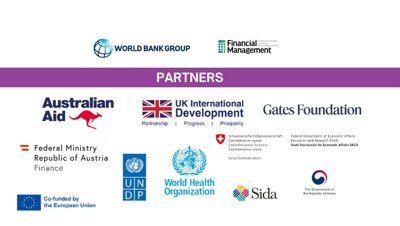
Date: September 29 - 30, 2025 ET
Location: World Bank Headquarters

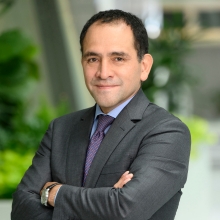










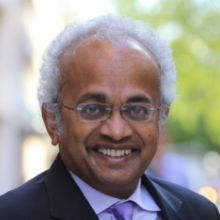
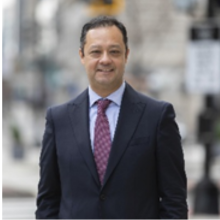
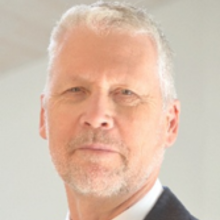
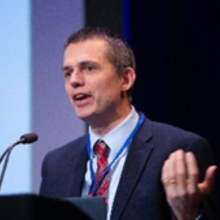






.png)
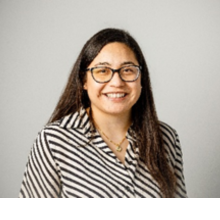

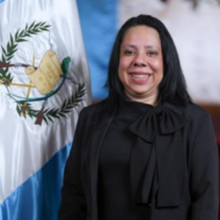


.png)


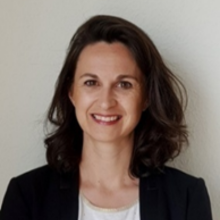


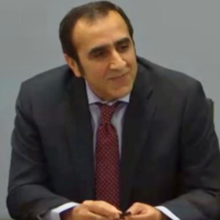






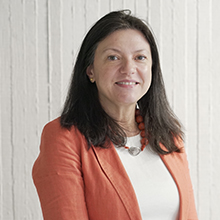










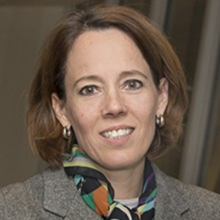
















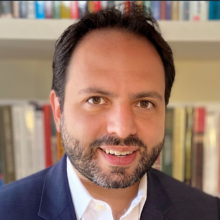


.png)

